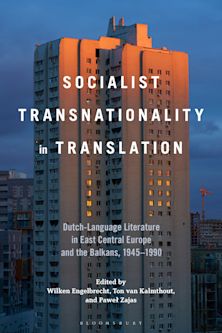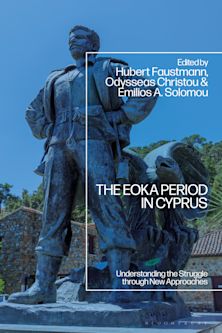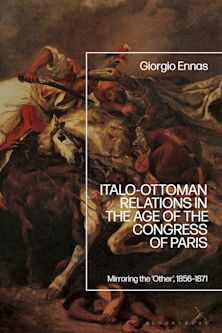- Home
- ACADEMIC
- History
- European History
- Crisis Among the Great Powers
Crisis Among the Great Powers
The Concert of Europe and the Eastern Question
Crisis Among the Great Powers
The Concert of Europe and the Eastern Question
This product is usually dispatched within 3 days
- Delivery and returns info
-
Free CA delivery on orders $40 or over
You must sign in to add this item to your wishlist. Please sign in or create an account
Description
In 1840, conflict within the Ottoman Empire gave rise to a serious all-European crisis which led to a diplomatic rupture between France and other Great Powers. The crisis was given the name of the natural frontier which divided France from the rest of Europe: the Rhine. Although the Rhine Crisis did not lead to armed conflict, many states were deeply worried by the unfolding events and by the failure of the peace so carefully negotiated at the end of the Napoleonic Wars. Combined with accumulated political, social, national and economic problems, there were fears of general social upheaval and perhaps even revolution. This book uses the Rhine Crisis to evaluate the stability of the European States System and the functionality of the Concert of Europe in this period. In doing so, Miroslav edivy offers an original and deeply-researched insight into the history of international relations in the pivotal years between 1815 and 1848."
Table of Contents
List of Abbreviations
Introduction
1 The Eastern Question
2 The Great Powers
3 The German Confederation
4 Secondary Countries
5 German Nationalism
Conclusion
Bibliography
Product details

| Published | Feb 20 2020 |
|---|---|
| Format | Paperback |
| Edition | 1st |
| Extent | 432 |
| ISBN | 9781350152618 |
| Imprint | Bloomsbury Academic |
| Illustrations | 15 bw in 8pp plates |
| Dimensions | 234 x 156 mm |
| Publisher | Bloomsbury Publishing |
About the contributors
Reviews
-
A lovely book that shows marvelously how careful treatment of one event can illuminate a vast region and expansive period of history ... [Sedivy] deploys to excellent end a number of contemporary sources to capture the German zeitgeist of the time.
Slavic Review



































